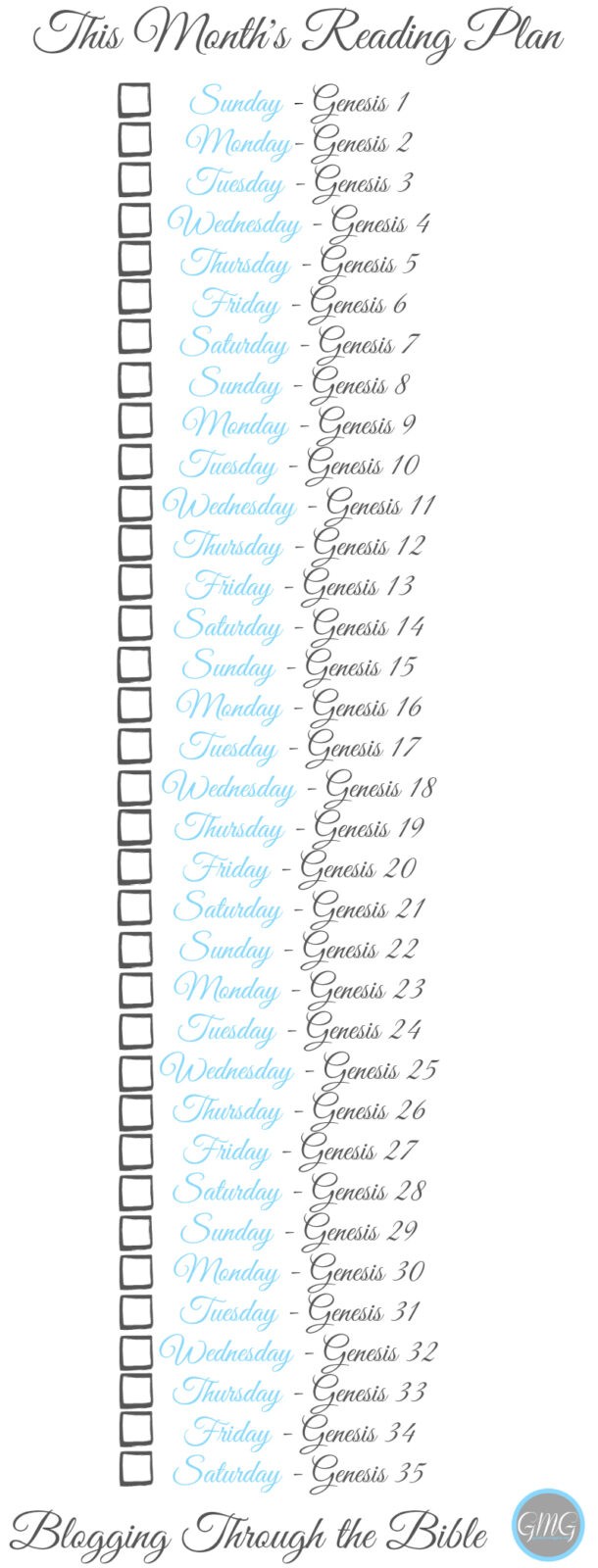Her name means: "Ishtar,"
the Babylonian Goddess of Love, or from the Persian Word for "Star."
Her Hebrew Name, "Hadassah," Means "Myrtle"
Her character: An orphan in a foreign land, she was willing to conceal her
Jewish identity in a bid for a pagan king's affection. Esther seemed willing to
made moral compromises by sleeping with the king and then taking part in a
wedding that would necessarily have required her to pay homage to foreign gods.
Even so, she displayed great courage in the midst of a crisis. Prior to risking
her life for her people, she humbled herself by fasting and then put her
considerable beauty, social grace, and wisdom in the service of God's plan.
Her sorrow: To learn that her husband, the king, had unwittingly placed
her life and the life of her people in jeopardy.
Her joy: To watch mourning turn to celebration once the Jews enjoyed
relief from their enemies.
Key Scriptures: Esther
1-10
Her
Story
Vashti, queen of Persia, was the
most powerful woman in the Middle East, yet her power was as fragile as a
candle in a storm. Her husband, Xerxes, had just summoned her to appear before
a festive gathering of his nobles. Vashti, however, having no intention of
parading herself like a prized cow in front of a herd of drunken men, refused.
What should be done to punish her
insolence? One of the king's counselors spoke for all: "Queen Vashti has
done wrong, not only against the king but also against all the nobles and the
peoples of all the provinces of King Xerxes. For the queen's conduct will
become known to all the women, and so they will despise their husbands and say,
'King Xerxes commanded Queen Vashti to be brought before him, but she would not
come.' There will be no end of disrespect and discord."
So poor Vashti bore the brunt of
every man's fears. She who had refused the royal summons was forever banished
from the royal presence, and a great domestic uprising was squelched before it
even began.
After a while, a search was
conducted for a new queen to replace Vashti. It so happened that many Jews were
living in Persia at the time. Exiled from Judah a hundred years earlier (after
Jerusalem's fall in 587 bc), they had been deported to Babylon, which in turn
was conquered by Persia. Mordecai and his orphaned cousin Esther were among
those living in exile, 650 miles northeast of Jerusalem.
Like many other young virgins, the
beautiful Esther was gathered into the king's harem. To refuse the privilege
may well have meant her death. Counseled by Mordecai to keep her Jewish origins
a secret, because being a Jew would probably have disqualified her from
becoming queen, she spent the next twelve months awaiting her tryst with the
king. When the moment came, Esther so pleased Xerxes that she became queen in
Vashti's place.
Some time later, an Amalekite named
Haman rose to power in Persia. Haman was so highly placed that other officials
knelt before him as a sign of respect. One man, however, the Jew Mordecai,
refused to kneel. Haman became so angry that he decided to eliminate every Jew
in the kingdom.
To ascertain the most favorable
moment for destroying them, Haman piously consulted his gods by casting lots
(or pur). A date eleven months into the future was revealed—March 7 by our
reckoning. Haman immediately persuaded Xerxes to issue a decree that all the
Jews in his realm were to be slaughtered on that day. By way of incentive, the
decree proclaimed that anyone who killed a Jew could plunder his possessions.
Mordecai reacted immediately by
contacting his cousin Esther and asking her to beg Xerxes for mercy. But Esther
was afraid and replied, "For any man or woman who approaches the king in
the inner court without being summoned the king has but one law: that they be
put to death unless the king extends the gold scepter to them and spare their
lives. But thirty days have passed since I was called to go to the king."
Mordecai replied, "Do not think
that because you are in the king's house you alone of all the Jews will escape.
For if you remain silent at this time, relief and deliverance for the Jews will
arise from another place, but you and your father's family will perish. And who
knows but that you have come to royal position for such a time as this?"
So Esther instructed Mordecai,
"Go, gather together all the Jews who are in Susa, and fast for me. Do not
eat or drink for three days, night or day. I and my maids will fast as you do.
When this is done, I will go to the king, even though it is against the law.
And if I perish, I perish."
On the third day, Esther approached
the king. As soon as Xerxes saw her, he held out the golden scepter. "What
is it, Queen Esther?" he asked. "What is your request? Even up to
half the kingdom, it will be given to you."
But Esther merely invited the king
and Haman to join her that evening for a banquet she had prepared especially
for them. That evening the king again pressed her to ask for whatever she
desired, but Esther simply invited the king and Haman to another banquet, to be
held the following night.
That evening, on his way home, Haman
caught sight of Mordecai, sitting smugly rather than kneeling as he passed by.
Haman was outraged, but his wife consoled him by proposing an evil scheme—he
need merely build a gallows and then ask the king to hang Mordecai on it the
next morning.
While Haman was happily constructing
a gallows for his enemy, the king was pacing the royal bedroom. Unable to
sleep, he ordered one of his servants to read from the annals of the kingdom.
That evening's reading just happened to be about how Mordecai had once saved the
king's life by warning of a plot against him. It struck the king that Mordecai
had never been properly rewarded for his loyalty.
So the next morning the king asked
Haman: "What should be done for the man the king delights to honor?"
Assuming the king intended to reward
him in some new and marvelous way, the foolish Haman replied with a grandiose
suggestion: "For the man the king delights to honor, have them bring a
royal robe the king has worn and a horse the king has ridden. Then let one of
the king's most noble princes robe the man and lead him on the horse through
the city streets, proclaiming before him, 'This is what is done for the man the
king delights to honor!' "
"Go at once," the king
commanded him. "Get the robe and the horse and do just as you have
suggested for Mordecai the Jew."
Haman was dumbstruck. The man who
had planned to bury his enemy was suddenly forced to exalt him that very day!
That night, as the king and Haman
were once again drinking wine at the queen's banquet, the king implored Esther
to ask for whatever her heart desired. This time she spoke her mind: "If I
have found favor with you, O king, and if it pleases your majesty, grant me my
life—this is my petition. And spare my people—this is my request. For I and my
people have been sold for destruction and slaughter and annihilation."
"Where is the man who has dared
to do such a thing?" the king demanded.
"The adversary and enemy is
this vile Haman."
And so Haman's star, which had risen
to so great a height, fell suddenly, like a bolt of lightning crashing from the
sky. He was hanged on the very same gallows he had built for the Jew Mordecai,
and all his property was given to Esther. Furthermore, the king, because he
could not revoke one of his own edicts, issued another to counteract the first
one. It gave Jews throughout the empire the right to protect themselves, to
destroy and plunder every enemy who might raise a hand against them on the
seventh of March.
As news of the king's edict spread,
many people from various nationalities became so terrified that they claimed to
be Jews themselves. The very day Haman's gods had revealed as a day of
reckoning for the Jews became a day of reckoning for their enemies. Ever after,
the Jews commemorated these events with the Feast of Purim. As the book of
Esther says, these days were celebrated "as the time when the Jews got
relief from their enemies, and as the month when their sorrow was turned into
joy and their mourning into a day of celebration."
Subject to foreign powers after the
exile, God's people must have felt among the weakest elements of society. But
weaker even than a Jewish man exiled to a foreign land was a Jewish woman. And
weakest of all would have been a young orphan of Jewish descent. God had once
again employed one of his favorite methods for accomplishing his purposes: He
had raised an imperfect woman, the weakest of the weak, placing her in a
position of immense strategic importance.
But it had been up to Esther to
decide whether she would play the part God offered. Like Moses, she chose to
identify with God's people even if it meant risking her life to do so. And even
though exile was a punishment for Israel's long unfaithfulness, God showed that
he was still with his people, delivering and protecting them in surprising ways,
turning the table on their enemies through a series of stunning reversals.
Earthly powers were at work to kill and destroy, but a heavenly power, far
greater in scope, was at work to save and preserve.
Her
Promise
God often uses the most unlikely
characters to fulfill his purposes. He elevates a Jewish orphan to become queen
of a great empire. Esther begins as a nobody and becomes a somebody, a woman
who somewhat reluctantly risks her life to make a stand.
Again, God reveals his penchant for
using the most unlikely, ordinary people to accomplish his divine purposes.
But, you may wonder, could God ever use you to accomplish his purposes, with
all your foibles and imperfections, your lack of talent or influence? Yes, he
can! He isn't looking for people who are perfect or talented or influential. He
is only looking for people who are willing.
Today's devotional is drawn from Women
of the Bible: A One-Year Devotional Study of Women in Scripture
by Ann Spangler and Jean Syswerda. Visit AnnSpangler.com to learn more about Ann's writing and ministry.


![NovemberReadingPlanBookmark[1]](http://womenlivingwell.org/wp-content/uploads/2014/10/NovemberReadingPlanBookmark1-390x1024.jpg)



![SeptWeekFour[1]](http://womenlivingwell.org/wp-content/uploads/2014/09/SeptWeekFour1-819x1024.jpg)





![SeptWeekTwo[1]](http://womenlivingwell.org/wp-content/uploads/2014/09/SeptWeekTwo1-819x1024.jpg)
![SeptReadPlan[1]](http://womenlivingwell.org/wp-content/uploads/2014/08/SeptReadPlan1-819x1024.jpg)



![SeptWeekOne[2]](http://womenlivingwell.org/wp-content/uploads/2014/08/SeptWeekOne2-819x1024.jpg)

